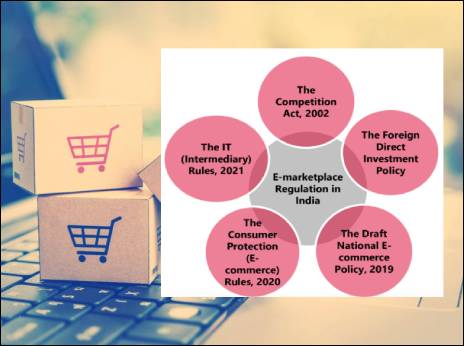
January 4, 2022: E-commerce platforms in India such as Amazon and Flipkart live in a "legal limbo" as far as regulations are concerned. Numerous allegations of anti-competitive practises such as deep discounting, self-preferencing of private labels, and opacity regarding data usage have been routinely levelled against these platforms by their users.
Vidhi Centre for Legal Policy covered some of this in their recently published Working Paper, titled 'Fair and Competitive E-marketplaces (F.A.C.E.), The Business Users' Narrative'.
As a follow-up to the Working Paper, Vidhi Centre embarked upon a consultation exercise with experts including regulators, platform owners, business users, academicians, and others to draw up actionable recommendations to build a fair and competitive e-commerce ecosystem in India.
The recommendations are two-pronged. While Step 1 presents limited stop-gap measures that may be adopted within the confines of the existing legal framework, Step 2 discusses new legal tools that ought to be considered expediently. Both recommendations go hand in hand.
Step 1 focuses on maximising the effective use of existing legal tools and building capacity by:
Creating a Digital Markets Division within the Competition Commission of India
Bolstering the use of existing laws and their enforcement in relation to E-marketplaces (such as the Competition Act)
Effectively enforcing the Foreign Direct Investment (FDI) Policy
Strengthening inter-regulatory coordination
Step 2 focuses on the introduction of new legal tools by:
Amending the Competition Act to determine criteria for 'gatekeeper' platforms
Framing codes of conduct for the aforementioned 'gatekeeper' platforms
According to Vidhi's research, Step 1 recommendations must only be seen as a stop-gap in preparation for Step 2.
Step 2 must be commenced at the earliest. Once markets tip, the government may not be in the bargaining position that it enjoys today.
Full report, here